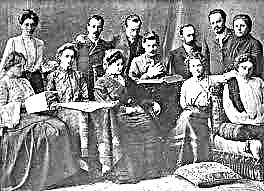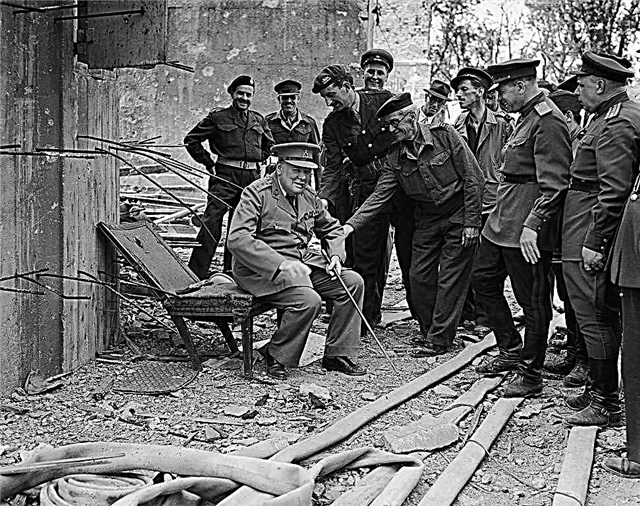There are three storylines in the novel: 1st — a narrative conducted on behalf of the angel Agasfera, whose name means “Beloved of God”; 2nd — a story about the life path of Paulus von Eicen, a younger contemporary of Martin Luther; 3rd — correspondence between Professor Siegfried Byfus, Director of the Institute for Scientific Atheism in East Berlin (GDR) and Professor Johanaan Leuchtentrager from the Hebrew University of Jerusalem.
The immortal spirits Agasfer and Lucifer, created by God on the first day, are cast down from heaven for refusing to bow to Adam, who was created before their eyes from the dust and the four elements. Their paths diverge, for Agasfer, unlike Lucifer, who longs for the complete destruction of everything created, hopes that the world can be changed. From now on, he is doomed to roam the earth until the Last Judgment.
Agasfer tries to convince the Rebbe Yeshua, who believes that he is the Son of God, who has earned the love and favor of the Father, that God, the Creator of the Universe, is not the God of love. If Yeshua is truly the Son of God, then he must change this world, full of cruelty and not justice. But Yeshua refuses to fight with God and establish his kingdom on earth: he is convinced that love is stronger than the sword, ready to become a sacrifice doomed to slaughter, and to take upon himself the sins of the world.
Agasfer knows everything that Yeshua expects: the betrayal of Judah, judgment, crucifixion, death and resurrection, after which he will ascend to God. But this, as Agasfer knows for certain, will not change anything in the world so wisely arranged. Agasferus meets Lucifer, who, playing on the greed of Judas Iscariot, inspires him to betray his teacher, if he himself wants Judas to betray him. Agasfer reproaches Yeshua for passivity and predicts that after his death the teachings will be perverted and in the name of love they will do cruelty and injustice. The last time Agasfer persuades Yeshua to become the leader and king of Israel, when he carries the cross to Calvary and wants to rest at the gates of Agasfer's house. Agasfer hides the fire sword of God under his clothes, he is ready to raise him for the sake of the sufferer and scatter his enemies, but he wants to completely drink the cup that the Father gave him. Agasfer, enraged by his obstinacy, drives Yeshua away, and he curses him, saying that from now on, he, Agasfer, will have to wait for the return of the Son of Man.
Lucifer convinces Agasfera to go to Yeshua and ask him what he achieved by taking upon himself the sins of the world, for the world did not become better after his martyrdom. Agasfer violates the heavenly peace of the Son of Man and calls him to account, but he still claims that the truth is in God, although Agasfer sees that his faith in the wisdom and justice of the Father is shaken.
Agasfer and Yeshua set off in search of God. They wander in the vastness of Sheol and meet an ancient elder who writes in the sand the letters of the Book of Life, and the wind immediately blows them away. This old man is God. He has long been disappointed in his Creation: it lives by its own laws and there is no way to change anything in this terrible world, which has become unrecognizable even for him, his Creator. The Son of Man is indignant at the fact that the Father sent him to the cross, knowing in advance that it would be in vain. The Son of Man goes to war on sacred foundations, and Armageddon, the last battle on earth, begins. Four horsemen, called Fire, War, Hunger, and Death, followed the Son of Man, followed by hordes of Gog and Magog and the angels of the abyss, cast down from heaven on the sixth day of Creation, along with Lucifer and Agasfer, and in front of them a beast about seven heads and ten horns, whose name is Antichrist.
Lucifer and Agasfer watch the preparations for battle. The stars fall from the sky, opening the fountains of the abyss, the whole earth burns, people hide in caves and mountain gorges, but even there death overtakes them. The Son of Man with his army crosses the heavens, rising higher in search of a new Jerusalem, built of jasper and pure gold, but it is nowhere to be found. When his army begins to murmur. The Son of Man declares that God was defeated and fled, and henceforth He, the Son of Man, became God and will create a new heaven and a new earth, a kingdom of love and justice, where man will not be an enemy to man. But everyone laughs at the naive words of the Son of Man: the four horsemen, Gogi and Magogi, and all seven heads of the Antichrist. The hellish laughter of Lucifer is heard, and the same old man appears who wrote the Book of Life. The Son of Man is trying to kill him with a sword, but the elder tells him that the Son is the likeness of the Father and is inseparable from Him. The elder becomes so huge that everything that can fit in his right hand and pronounces His Name, the secret name of God. In the eyes of Agasfera, who is observing this scene, everything disappears: among the surrounding emptiness - only the figure of the Rebbe Yeshua, frail and exhausted. Agasfer hears a distant laugh: this is all that remains of Lucifer, the Lord of the abyss and the great fighter for order. Agasfer and Yeshu "fall into the abyss, which is both space and time, and there is neither top nor bottom, only streams of particles - not yet separated light and darkness. Agasfer and the Son of Man merge in love and become one, and since God is one with his Son, then Agasfer becomes one with Him: “one being, one great thought, one dream”.
Studiosus Paulus von Eicen, traveling to Wittenberg to study with Luther and Melanchthon, gets acquainted with a certain Hans Leuchtentrager (the meaning of the German surname Leuchtentrager is identical to the meaning of the name Lucifer: bearing light, light-bearer), which becomes his constant companion and valuable advice Eicen’s whole life. Thanks to the help of Hans, who knows all the secrets of magic and sorcery; lazy and short-sighted, but ambitious Eicen successfully passes exams, gains the trust and support of Luther and becomes a pastor. He makes a career without thinking about why Hans takes care of her and what goals he pursues. The mysterious figure of the Eternal Jew, or Agasfera, who invariably leaves the greedy and voluptuous Eicen, a fierce anti-Semite, for whom the Christian religion is only a way to deal with his opponents and achieve a solid position in society, repeatedly gets up on the life path of Eitsen.
Eicen arranges a dispute between Christians and Jews and invites the Eternal Jew, Agasfera, to testify that Jesus was the true Messiah and Son of God. So Eicen hopes to convert the Jews to true faith and become famous throughout Germany. But Agasfer only taunts the stupidity and religious hypocrisy of Eicen, for which he subjected him to cruel torture. Agasfer, beaten by gauntlets, dies, and Eitsen hopes that he finally got rid of the annoying Jew. Many years pass, but Agasfer, as youthful and mocking as he was at the first meeting, again appears before the aged Eicen. Together with Leuchtentrager, who no longer hides that he is Lucifer, the Lord of the Underworld, Agasfer, takes away the soul of Eicen, having read to him the words of the prophet Ezekiel exposing the evil shepherds.
A professor at Hebrew University, Johanaan Leuchtentrager, enters into a correspondence with Siegfried Weifus and informs him that he personally knows Agasfer, a contemporary of the Rebbe Yeshua, or Jesus Christ. The militant atheist Byfus, who holds the position of dialectical materialism, is trying to prove to Leuchtentrager that this cannot be, but at the end of the correspondence, he is so fascinated by the mystery of Agasfera that the "competent authorities" of the GDR who observe the correspondence of the two professors finally recommend Byfus do not respond to letters from Israel: they are worried that Leuchtentrager is going with his friend Agasfer to come to the GDR and thus convince the Marxist Byfus of the real existence of the Eternal Jew, However, no one succeeds in preventing their arrival in the GDR. On December 31, 1981, they visited Byfus at the Institute of Scientific Atheism, after which he invited them to his home, where his family, in the circle of many friends, was preparing for the celebration of the New Year.
Byfus is locked with Agasfer and Leuchtentrager in his office and, as his wife later says, is arguing with them for a long time. After midnight, a large hole with charred edges is found in the wall of Byfus’s office, but neither himself nor his Israeli colleagues are in the room. During the investigation, it turns out that the Israeli citizens A. Agasfer and I. Leuchtentrager did not receive visas, and the checkpoints did not register their entry and exit. Later it becomes known that on the night of December 31, 1980 to January 1, 1981, on duty from the watch tower at the border crossing on Friedrichstrasse, three unidentified persons moved through the air. A fiery tail stretched for two, and they carried the third under arms. Violators of the border flew over the border of the GDR, after which they gained height and disappeared from sight. But the "competent authorities" found out about this much later, since the duty officers were accused of drinking alcohol while serving and they were serving their sentences.

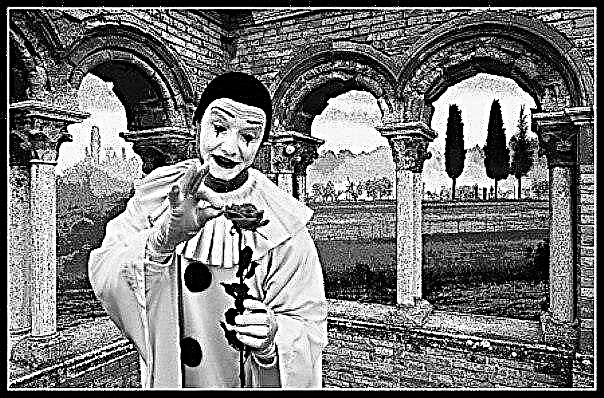
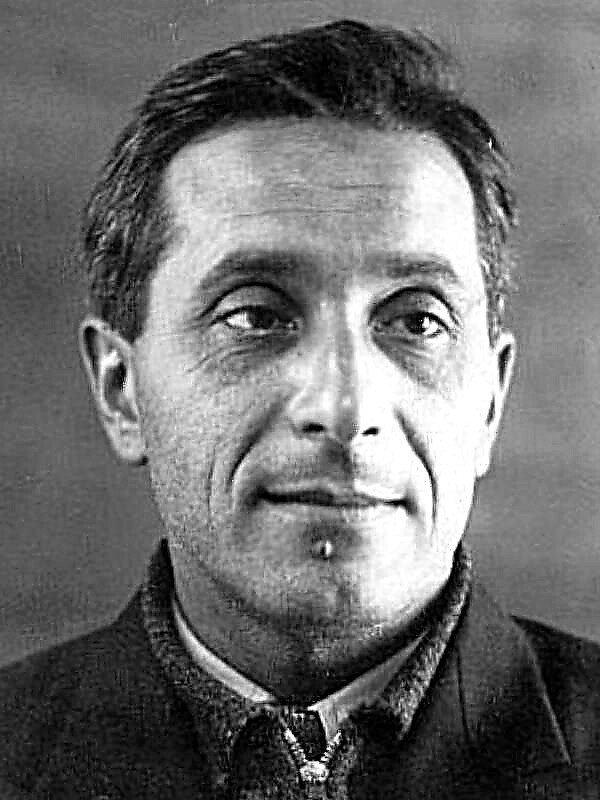
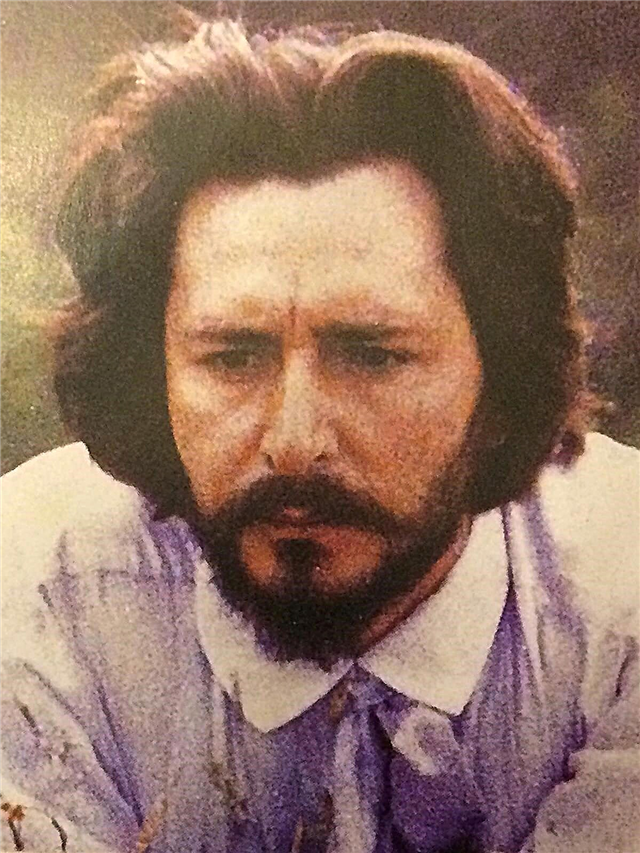
 You can agree on everything.
You can agree on everything.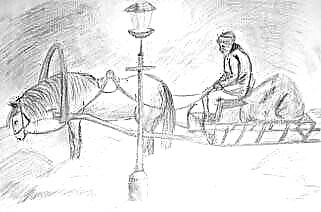

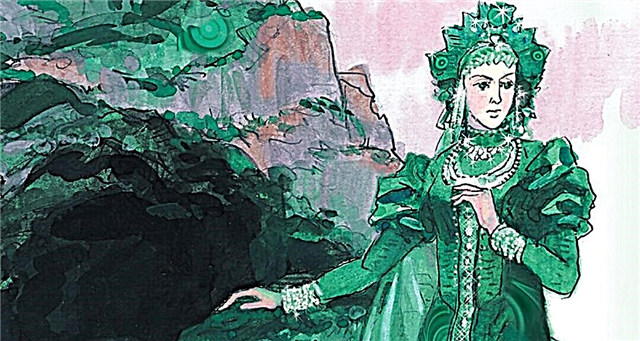
 How to work 4 hours a week
How to work 4 hours a week

